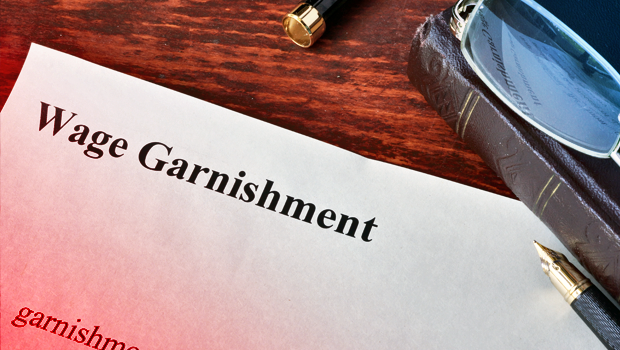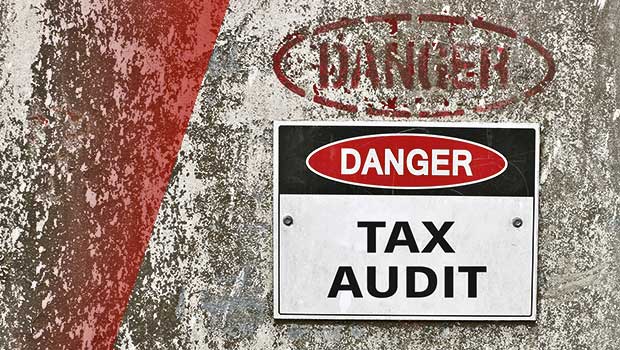Those who have read Lewis Carroll’s, Through the Looking Glass, may recall the Red Queen. This character explains to Alice that she must run as fast as she can merely to stay in one place. This is the origin of the Red Queen Hypothesis, which theorizes that living things adapt and evolve, not to gain an evolutionary advantage, but to survive. In other words, evolution doesn’t improve a species’ chances of survival, but prevents it from going extinct. Continue reading “Tax Scam Trends”










